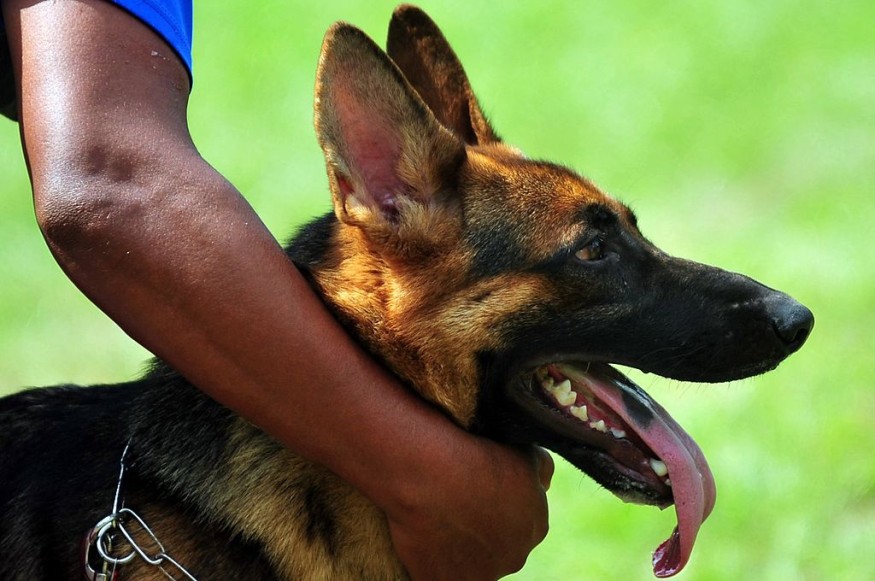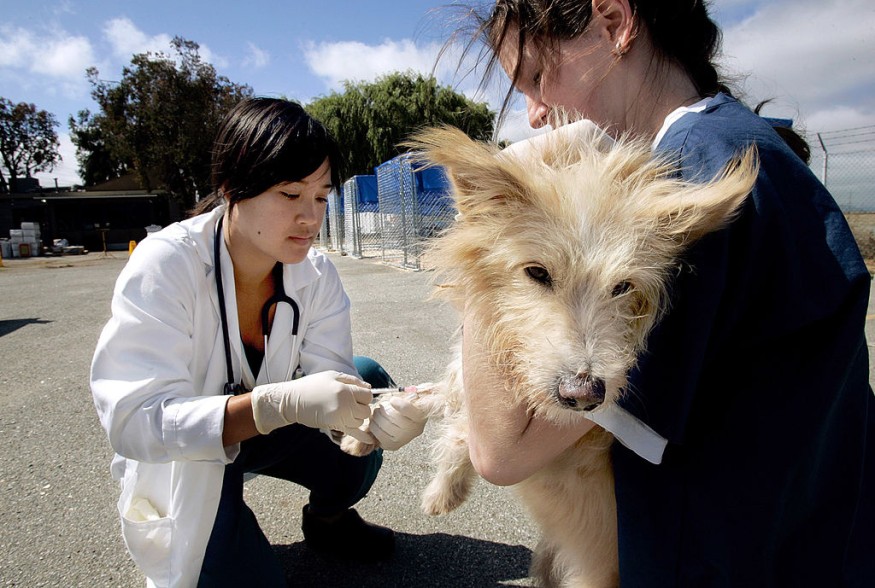In the United Kingdom, a coronavirus is causing a gastrointestinal sickness outbreak in dogs, and specialists believe it is to blame.
Since early 2022, the disease, which isn't the new COVID-19 coronavirus that we've all grown accustomed to, has been recorded in greater numbers.

Investigating the Illness
The University of Liverpool's Small Animal Veterinary Surveillance Network (SAVSNET) decided to investigate as instances increased. In talking to vets, they established that dogs across the country were suffering from symptoms such as diarrhea and vomiting, corroborating accusations on social media that dogs were getting sick.
According to IFLScience, the cause of the epidemic is still unknown, although early investigations suggest that it originated in Yorkshire, a county in the north of England. Although much about the strange sickness is still unknown, SAVSNET has nailed down some information concerning its symptoms and spread.
In a statement, SAVSNET added, "The most prevalent clinical indicators described were [lack of appetite], vomiting, and diarrhea, both without blood."
Related Article : Experts Warn of Another Deadly Global Outbreak to Strike Within 60 Years
Sick Dogs

A majority from the 88 owners with more than one dog said that additional dogs in the household had displayed identical symptoms, implying that the disease was contagious.
Vaccinations have been given to almost all afflicted canines during the past three years. They had also never been to a beach before becoming ill, dispelling early rumors that the outbreak had something to do with the water.
One of the suspects is the canine enteric coronavirus (CECoV), a pathogen that caused a similar epidemic in the United Kingdom from 2019 to 2020. If the suggestion of a circulating coronavirus sends your pulse racing, keep in mind that, while CECoV is a member of the same family as SARS-CoV-2, it's an entirely separate virus that isn't considered to be able to transmit to people.
CECoV

The canine enteric coronavirus (CECoV) is a virus that infects dogs worldwide. COVID-19 (SARS-CoV-2), the most common respiratory disease in humans, is not caused by this coronavirus.
In dogs with CECoV, clinical illness is infrequent. When it does occur, it's usually a minor case of diarrhea that goes away on its own. Dogs infected with CECoV and other gastrointestinal pathogens can occasionally develop severe sickness (and even death) (e.g., canine distemper virus, parvovirus). CCoV-IIa, a rare severe form of CECoV, has been linked to gastrointestinal disease outbreaks in puppies.
While some dogs are afflicted with CECoV, which is highly contagious, many others are asymptomatic or have just moderate symptoms. It can also be readily cleaned up with home cleaners (so please don't make chlorine gas by mistake).
For more health and medicine related news, don't forget to follow Nature World News!
© 2025 NatureWorldNews.com All rights reserved. Do not reproduce without permission.





